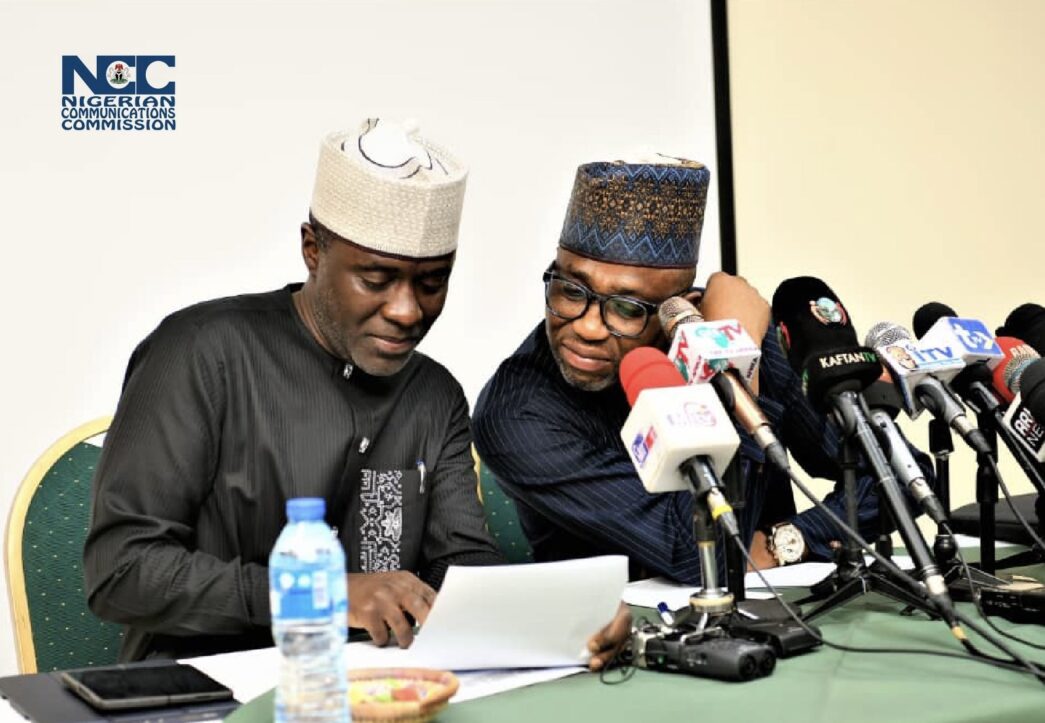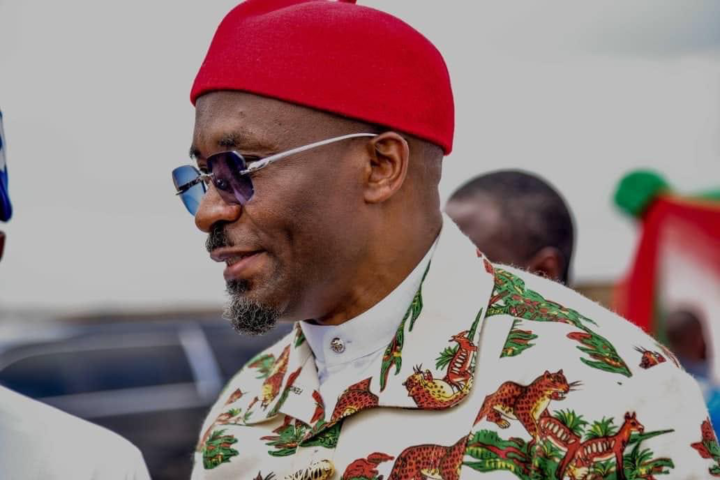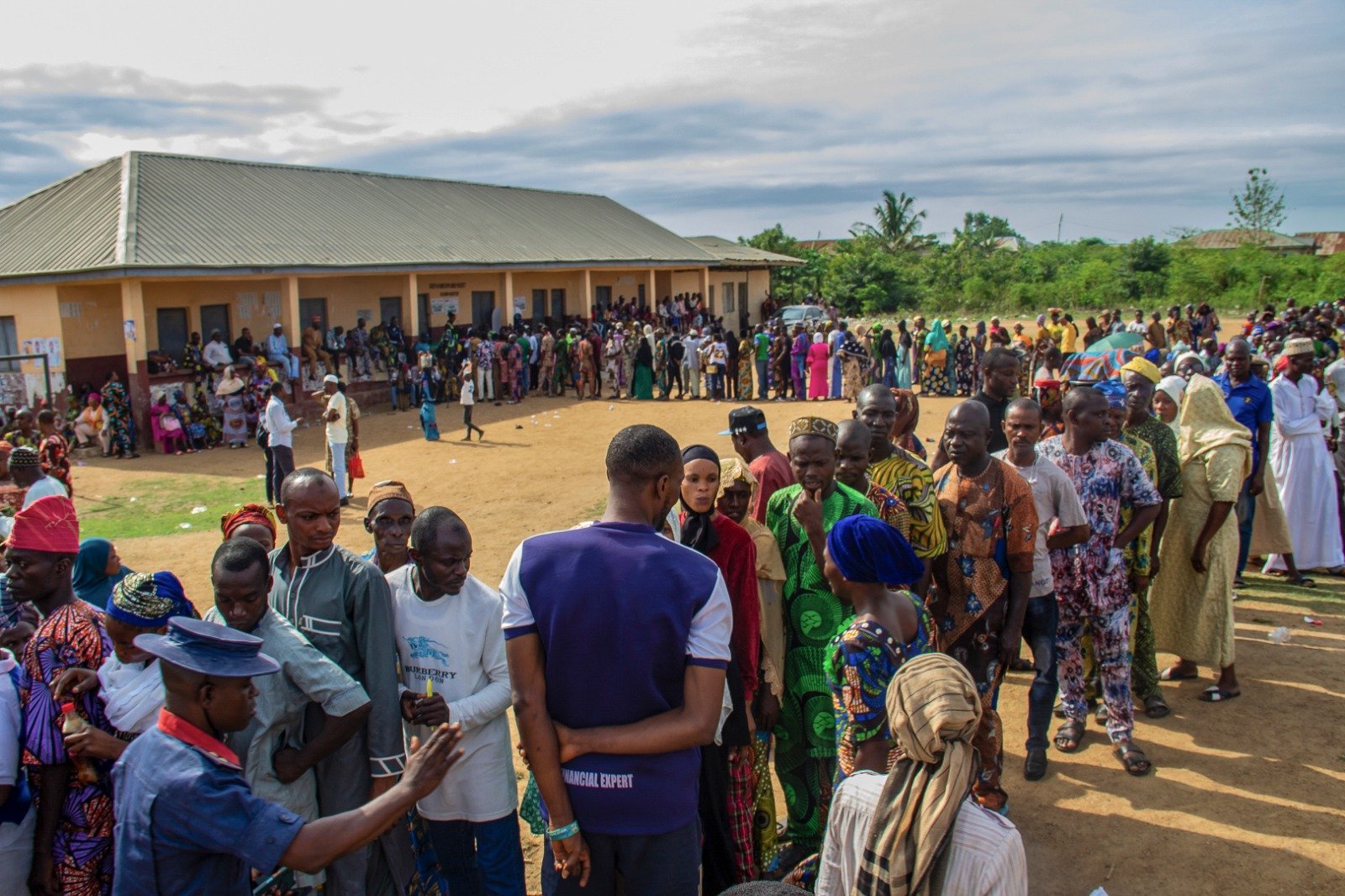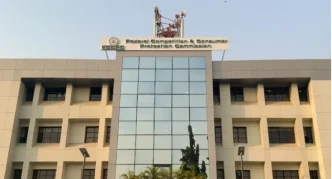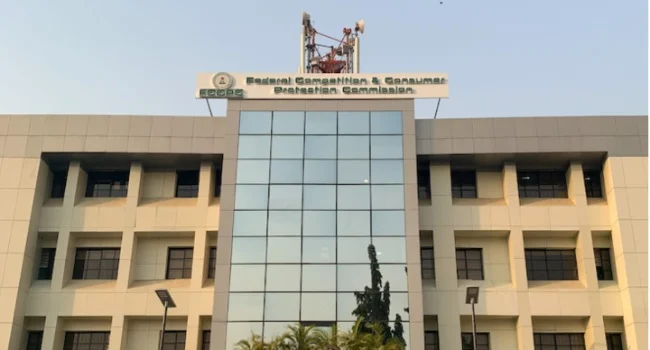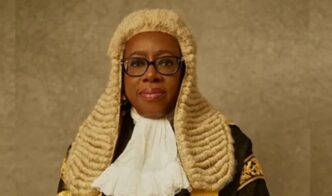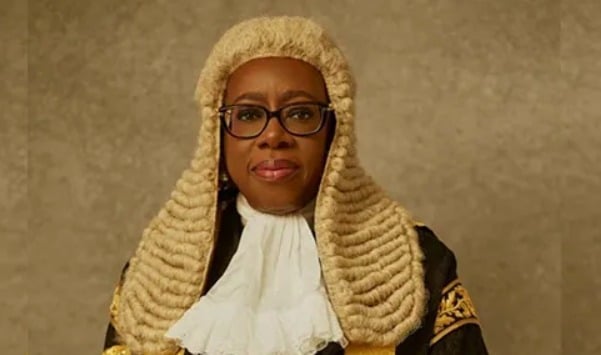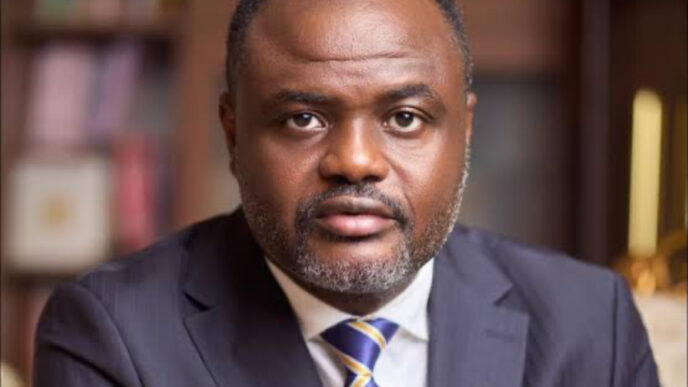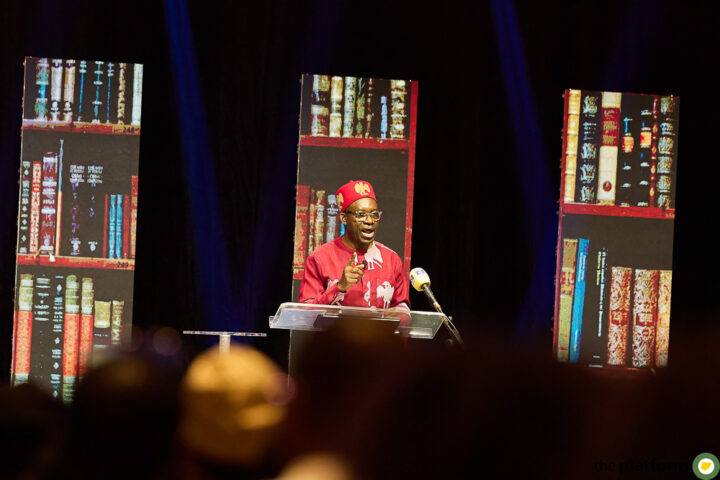Our propensity to build mountains out of very small problems has not allowed us to achieve our aspirational height. Every little problem with a simple answer is complicated, like rocket science or achieving the feat of sending somebody to the moon or the international space station where some other humans – astronauts and cosmonauts – do have some good time as they take some unimaginable views of the earth.
A simple process is convoluted and the solution recedes into the dark, and the world moves on as they begin to ask what is happening to such a great country? Why is it not flying?
This is a daily question. Why is the country not flying? Why is it always doing catch up and sometimes finding the catch up too difficult to achieve?
Questions arise in many areas where unfinished business litres the space. Thursday last week, the Tinubu administration took a definitive step to resolve one of them and redeem it from the graveyard of unfinished businesses. That very day the government announced a plan to tackle the Digital Switchover (DSO) and bring it to a successful conclusion for the nation to enjoy the multifarious advantages arising there from.
Advertisement
At a joint press conference by the National Broadcasting Commission (NBC) and the Nigerian Communications Commission (NCC), Mr Charles Ebuebu, Director General of NBC, announced government approval of a grant to jumpstart the DSO programme which had stalled for an indeterminate period of time. The grant is coming from spectrum sales which is executed on behalf of the government by the NCC. The Executive Vice Chairman of the NCC was by his side, acquiescing to every of his submissions.
“The grant is not just a financial allocation; it is a testament to Mr President’s collective commitment to driving technological advancement, economic growth, and cultural enrichment through the DSO project.
“The intervention is a testament to the visionary leadership of the President. It is a commitment to achieving a future where every Nigerian, regardless of their location, has access to superior broadband services and is included in the digital economy,” Ebuebu informed.
Advertisement
In explaining the new relationship between the NBC and NCC, he said that “to accelerate this process, the Commission is in collaboration with the Nigerian Communications Commission. This collaboration signifies a strategic alliance and a unified effort to bring about a seamless transition to digital broadcasting and underscores NCC’s determination to support this monumental project and ensure its success.”
In this column, we have been waiting for this call to happen. We have written copiously on the need for a traction between the two government agencies so that the DSO programme, which some smaller countries in Africa have since completed, can also happen in Nigeria. The benefits are legion and we have been anxious for the nation to begin to reap some of these benefits.
Just for a simple recall, the Digital Switchover (DSO) is the process of moving from analogue television to digital terrestrial television. The agreement reached at the Regional Radio Communication Conference in Geneva, Switzerland, in 2006 – the GE06 Regional Agreement, was to the effect that countries in the region – Europe, Africa, Middle East, Central Asia and the Islamic Republic of Iran would migrate from analog transmission to digital terrestrial transmission on the set date of June 17, 2015, for the UHF band (470-862 MHz), and a 5-year extension for the VHF band (174-230 MHz).
It wasn’t a decision cast in stone but countries were expected to work towards achieving results and be able to earn their share of digital dividend. The broadcast frequencies released in the process would be sold at premium to telcos for mobile operations. Although Nigeria started the process in 2016, a year after it should have ended, the country very much wanted to have a share of the new wealth the switchover would unleash.
Advertisement
An industry source reminded this writer that pioneer Minister of Communications Technology, Mrs Omobola Johnson, and Minister of Information, Mr Labaran Maku, wrote a joint memo to President Goodluck Jonathan at the time suggesting ways to fund the DSO to achieve immediate results. Their efforts did not save the process from being plunged into the mire where it was much easier to achieve scandal than needed results. Efforts of the DigiTeam set up by the President were sabotaged while the ministerial team which succeeded it under the Buhari administration was more into politics of implementation than actual work to achieve set objectives.
Until last week, the DSO was completely in limbo, which is why the present administration should earn some plaudits for taking a more concerted look at the process. EVC Maida agreed that media patterns and consumption are changing daily, making the role of the NCC more prominent and relevant.
“A majority of the content will be consumed on demand. We will be working closely with NBC. Where we need to work together, we will make ourselves available to ensure that the quality of content and signals are available,” he promised.
The other area of support, which is more overriding, is funding as was demonstrated on the day. Most of the frequencies that have been sold or will be sold for telecom operations by the NCC, were recovered from broadcasters, which means that the NBC should have a cut from the proceeds, but previous administrations at the NCC, especially the most recent one, was not very excited about allowing the NBC have a little sniff, not to talk of a sizeable amount to help facilitate the DSO process. It is commendable that this administration has been able to persuade the parastatals to work together without letting money come in between them.
Advertisement
Something else must be observed here however. While previous efforts ascribed importance to Digital Terrestrial Transmission (DTT) to bring signals to the mass of the people, the presence of signal carriers – Pinnacle and ITS – and Set Top Box manufacturers, the programme released last week is looking for a quick fix by turning to Satellite technology – Direct to Home (DTH).
“Leasing transporters and establishing a robust satellite backbone to ensure 100% signal coverage across Nigeria. This will expedite the Analog Switch Off (ASO) and enhance accessibility to FreeTV service nationwide,” Ebuebu explained.
Advertisement
This has not said much about the place of the signal distributors and Set Top Box manufacturers who were encouraged to invest heavily in the DSO process and have hardly recouped some of their costs.
One of the beauties of the DSO is its capacity to appropriate the built up energies and talents in the creative sector, whose promoters would have to work nonstop to feed the multiplicity of channels that will be enabled by the digital process. Ebuebu sketched at this when he said:
Advertisement
“Adopting the digital broadcasting standards will align Nigeria with global norms, enhancing our competitiveness and attracting foreign investments. Digital broadcasting will bridge the digital divide, ensuring access to vital information, education, and entertainment for remote and underserved communities.”
Obviously on this, the Tinubu administration has scored a good goal; but I dare say, the template they have just released needs more dispassionate interrogation to make implementation feasible. This is the only way the nation can harvest the much delayed digital dividend.
Advertisement
Views expressed by contributors are strictly personal and not of TheCable.
Add a comment


